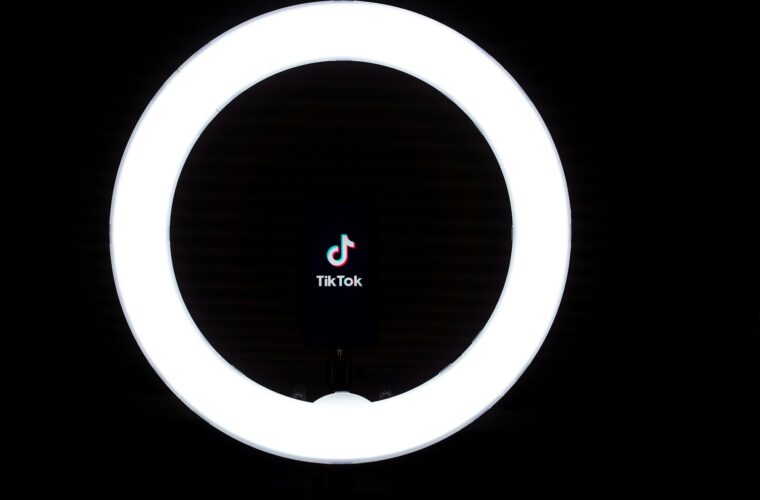Bluesky, the decentralized social platform founded by Twitter co-founder Jack Dorsey (who cut ties with the company earlier this year), has emerged as an alternative to Twitter. It is attracting both users and media organizations who are disillusioned with the direction Twitter, now X, has taken under Elon Musk’s leadership. With over 20 million users and growing rapidly, BlueSky has gained significant traction. According to the social network’s CEO, Jay Graber, it offers a more transparent and user-controlled experience than X.
Bluesky launched as a research project in 2019 and has steadily attracted a growing user base, particularly in recent months. The platform has doubled its user count since the US presidential election and is now gaining around one million new users a day, according to Graber. The CEO also noted that in November, it surpassed Meta’s Threads in daily active users within the US.
Nonetheless, the platform is still far from the number of X, which has 570 million users. The day after the vote in the United States, X recorded 46.5 million accesses in the United States alone, an increase of 38% compared to the average of the previous months—this more than compensates for the more than 115,000 accounts deactivated after Trump won the election. Hence, while lots of people might be leaving X, it might not be a problem for Musk.
Additionally, not all the sky is blue for Bluesky, as this week, the European Commission revealed that the platform is not complying with European legislation. “All platforms in the EU, even the smallest ones, have to have a dedicated page on their website where it says how many user numbers they have in the EU and where they are legally established. This is not the case for Bluesky as of today,” a spokesperson for the Commission highlighted.


Media exodus dark clouds for X?
While several high-profile media outlets have left X, it is still very early to call it a true exodus. Three prominent newspapers, the British The Guardian, the Spanish La Vanguardia, and the Swedish Dagens Nyheter, left the social network after the US election. Moreover, US-based public radio broadcaster NPR left the network in April 2023.
“It’s a toxic environment, influencing public opinion to shape political debate,” said those in charge of The Guardian. La Vanguardia called the site a “platform of conspiracy theories and misinformation”. Dagens Nyheter, meanwhile, said the climate on X has become “harsher and more extreme” recently. However, the majority of media outlets have chosen to remain active on X, and nine of the ten globally most-read newspapers still have an active X account.
Bluesky’s new model for social media
According to Graber, Bluesky distinguishes itself from X by giving users more control over their social media experience. The platform operates on a decentralised model, allowing users to customise their feeds and even create their own algorithms. According to the company, more than 50,000 different Bluesky feeds are available to users.
Graber has also emphasised that Bluesky’s goal is to put power back in the hands of users, making the platform “billionaire-proof” by decentralising content control. It is also important to note that Bluesky has only been a public platform since the beginning of the year, as it started as an invite-only social media site.



